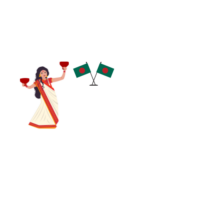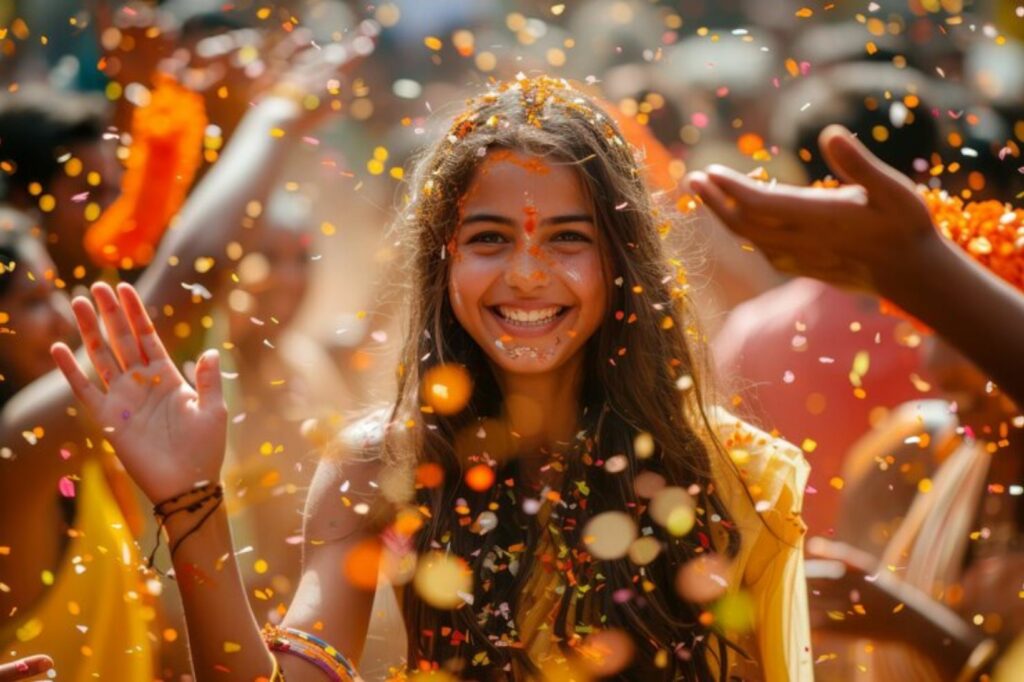Festivals and celebrations are vibrant expressions of culture and tradition that bring people together in joyous harmony. They offer a unique glimpse into the heart of communities, showcasing diverse customs and shared values. Whether it’s the colorful parades of Carnival or the serene rituals of Diwali, these events highlight the rich tapestry of human experience.
Every corner of the world boasts its own array of festivals, each with distinct flavors and stories. From the lively streets of Rio de Janeiro to the tranquil temples of Kyoto, celebrations transcend borders, inviting participants to immerse themselves in unfamiliar yet captivating traditions. These gatherings not only foster cultural exchange but also strengthen bonds among families and friends.
Festivals And Celebrations
 Festivals and celebrations hold significant cultural and social value. They connect generations, preserving customs and traditions for future ones. Engaging in these events fosters a sense of identity and continuity. For instance, during Lunar New Year, rituals like family reunions and ancestral honoring bridge the past and present.
Festivals and celebrations hold significant cultural and social value. They connect generations, preserving customs and traditions for future ones. Engaging in these events fosters a sense of identity and continuity. For instance, during Lunar New Year, rituals like family reunions and ancestral honoring bridge the past and present.
These events contribute to community cohesion. Celebrations like Thanksgiving in the United States bring families and communities together to share gratitude and goodwill. As people engage in collective festivities, they strengthen social bonds and promote unity.
Economic benefits also arise from festivals. Major celebrations such as the Rio Carnival in Brazil attract tourism, boosting local economies. Accommodation providers, vendors, and performers benefit from increased business during these times.
Festivals encourage cultural exchange. Events like Holi and Oktoberfest invite participation from diverse groups, promoting understanding and appreciation of different cultures. Shared experiences during these celebrations foster tolerance and global awareness.
 Additionally, festivals offer opportunities for reflection and renewal. Many celebrations, like Ramadan, involve introspection and personal growth. Participants observe fasting and prayer, enhancing spiritual well-being and community support.
Additionally, festivals offer opportunities for reflection and renewal. Many celebrations, like Ramadan, involve introspection and personal growth. Participants observe fasting and prayer, enhancing spiritual well-being and community support.
In the broader context of society, festivals serve as reminders of shared heritage. They transcend geographical boundaries, emphasizing the universality of human experiences. In an ever-connected world, recognizing their importance sustains diverse cultural landscapes and enriches global harmony.
Cultural Significance
Festivals and celebrations carry immense cultural significance, acting as vessels of history and tradition. They are powerful tools that connect people with their heritage.
Historical Roots
 The origins of many festivals date back centuries, often linked to historical events or religious milestones. The ancient Roman festival of Saturnalia, rooted in the celebration of the god Saturn, influenced modern holiday customs like Christmas. Similarly, the Chinese Lunar New Year traces back over 4,000 years to agricultural traditions, marking an important transition in the farming calendar. These events preserve stories and messages passed through generations, cementing their place in cultural history.
The origins of many festivals date back centuries, often linked to historical events or religious milestones. The ancient Roman festival of Saturnalia, rooted in the celebration of the god Saturn, influenced modern holiday customs like Christmas. Similarly, the Chinese Lunar New Year traces back over 4,000 years to agricultural traditions, marking an important transition in the farming calendar. These events preserve stories and messages passed through generations, cementing their place in cultural history.
Traditions And Customs
Traditions and customs in festivals vary widely across cultures, embodying unique identity markers. In the Indian festival of Diwali, traditional practices include lighting lamps to symbolize the triumph of light over darkness, reflecting Hindu beliefs. In contrast, the Japanese Hanami involves viewing cherry blossoms and appreciating the fleeting beauty of nature, embodying Shinto and Buddhist values. These customs not only provide continuity but also promote community bonding and cultural expression, ensuring the relevance of festivals in modern society.
How Festivals Unite Communities
 Festivals play a vital role in bringing communities together through shared experiences and collective joy. They create a sense of belonging by offering opportunities for social connection through communal activities like parades, dances, and feasts that encourage participants to engage with one another. Events like Mardi Gras in New Orleans see locals and visitors joining parades, fostering a spirit of camaraderie despite diverse backgrounds.
Festivals play a vital role in bringing communities together through shared experiences and collective joy. They create a sense of belonging by offering opportunities for social connection through communal activities like parades, dances, and feasts that encourage participants to engage with one another. Events like Mardi Gras in New Orleans see locals and visitors joining parades, fostering a spirit of camaraderie despite diverse backgrounds.
Cultural traditions in festivals act as bridges among community members, bridging generational and cultural gaps. Local customs, such as the traditional dances during Argentina’s Carnival or the dress code for Japan’s Bon Odori, invite participation and respect for shared heritage, promoting understanding among people of different ages and cultures.
Shared Experience
Festivals and celebrations are powerful catalysts for unity and cultural expression. They offer a unique blend of tradition and modernity, fostering a sense of identity while encouraging cultural exchange. As vibrant vessels of history, they connect people to their heritage and inspire curiosity about diverse customs. Despite their environmental challenges, festivals can adopt sustainable practices to preserve their cultural and ecological significance. By transcending geographical and cultural boundaries, these celebrations enrich global harmony and remind us of our shared humanity. Embracing festivals not only strengthens community bonds but also enhances our appreciation for the rich tapestry of global cultures.

